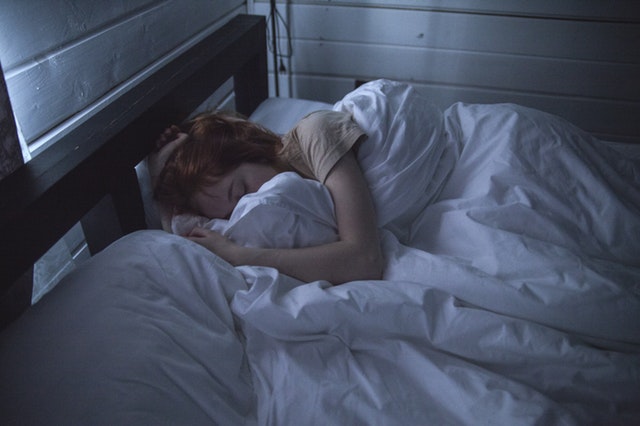A recent study made by the United States Centers for Disease Control and Prevention or CDC said that one out of three Americans don’t get sufficient sleep. This condition can have dire consequences on a person’s health. Lack of sleep affects the body, mind, and mood. Sleeping at the wrong time produces poor-quality sleep as well. Worse, sleep loss can kill. Sleeplessness leads to insomnia which produces risks of cardiovascular disease, diabetes, and other chronic ailments. On a positive note, a good night’s rest helps people attain longer and healthy lives.
The Different Effects of Sleep Issues
How much sleep do adults need? Health experts recommend eight hours at night for us to become physically and mentally in shape the following day. For teenagers, it should be from eight up to 10 hours each day. Kids aged between six and 12 years need a minimum of nine hours while toddlers require 10 to 13 hours daily. Otherwise, there’s a lethargic feeling that affects our daily routine and productivity.
Sleep has effects on the body. It enhances immune functions thus helping fight infections as well as regulating body temperature, appetite, digestion, and hormone levels. Persons with the tendency of staying awake all night often experience digestive stress and significant changes in appetite. On the other hand, well-rested individuals feel energized and better endure physical strains.
Sleep impacts brainpower. We need complete rest to concentrate, make informed decisions, and improve reflexes. Otherwise, it will be harder to concentrate for the entire day and sustain attentiveness. Likewise, sleep plays an essential role in memory consolidation, the process of transmitting short-term to long-term memory. Getting sufficient sleep helps us in acquiring fresh and useful information.
Sleep shapes a person’s mood. In most instances, we wake up in a pleasant mood following a peaceful night’s sleep. The body is able to regulate the flow of positive brain chemicals like dopamine, serotonin, and epinephrine. These organic compounds help us wake up feeling energized, upbeat, and self-confident. Aside from these consequences, there are short and long-term outcomes which include mild cognitive impairment, persistent fatigue, irritability, obesity, depression, and loss of sex drive.
Social Life and Sleep
What many people fail to understand is inadequate sleep has a slight but vital factors on our social lives. An article published in the University of California (San Francisco) by a group of psychologists claimed that sleep and social life are interconnected. Relationships suffer due to insufficient sleep. On the same token, unpleasant social experiences can prevent us from getting the necessary rest.
Sleeping at night does not only mean “recharging your batteries.” It is not the time when one lies passively on the bed as the body reloads energy. It is a very dynamic process. We may be unconscious but our brains remain active organizing memories and cleaning the clutter of experiences during the previous day. In other words, sleep is a form of mental upkeep.
Loss of Sleep Causes Death
Statistics provided by the National Institute of Health revealed that over 10 million people suffer from sleep moderate to severe sleep apnea if not diagnosed properly. Sleep Apnea is an acute disorder wherein breathing stops and continues from time to time. There are risk factors that include life-threatening medical conditions such as heart attack, high blood pressure, diabetes, and different kinds of cancer. This is a serious concern that all of us have to consider.
Yoga and Lack of Sleep
There are many potential remedies against this problem. Yoga is one of them. Most of the benefits and pleasures of yoga practice are known to us. These consist of improving physical strength, agility, and breathing. The practice also aids in reducing stress and promoting mental focus. Yoga can also have positive effects on sleeping.
Researchers from the Harvard Medical School came up with a study showing that yoga can help improve sleep among individuals with symptoms of chronic insomnia. They explored how daily practice generates improvements in terms of sleep quantity and quality. Long-time gurus and practitioners also say the same thing. It improves flexibility and core strength plus helping insomniacs cope and fall asleep quickly then before engaging in yoga. Even elderly adults obtain the same benefits sleeping longer and feeling better during daytime.


Leave a Reply